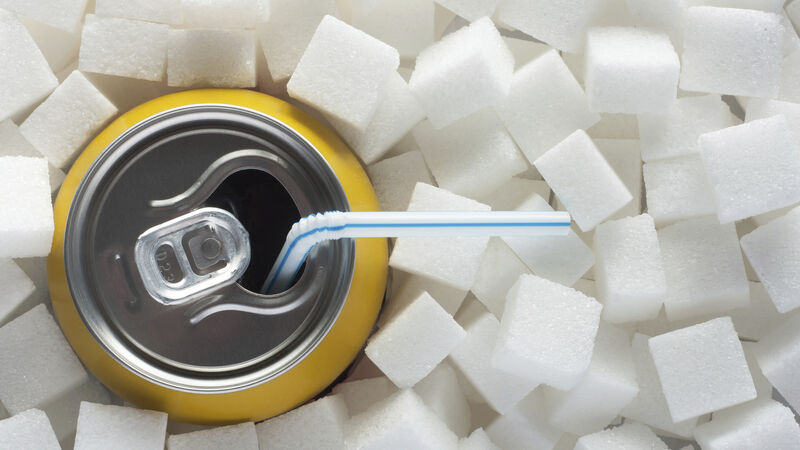Irish obesity policy: Is it ‘nanny state’ or neglect?

More than a quarter of the adult population in the Republic classified as obese, according to figures published by the European Commission earlier this year. File Picture: PA
In Ireland at least, Covid-19 is receding from the front pages to take its place alongside the other chronic, seemingly ineradicable public health problems of our time.
But the pandemic still has lessons for our overall approach to public health. Above all, the Government response to Covid-19 shows us that, with enough political will, previously unthinkable measures can be put in place to protect individuals.
















